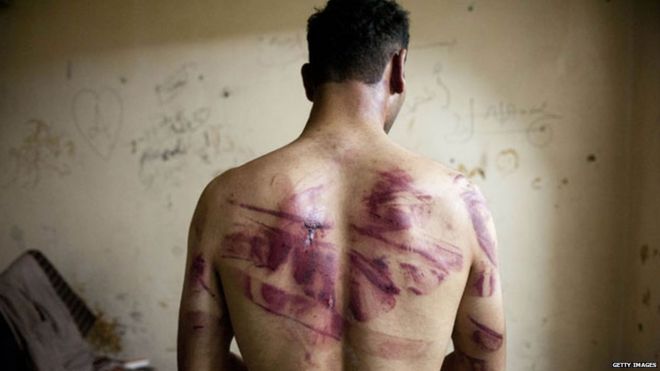North Korea has restarted plutonium reactor: US
North Korea has restarted a plutonium reactor that could fuel a nuclear bomb and is seeking missile technology that could threaten the United States, Washington’s top spy said on Tuesday.
Intel Chief Breaks From Obama Narrative On Iran Deal
DailyCaller: The head of U.S. intelligence believes that Iran’s recent actions speak loudly to its intentions, particularly given the country’s recent provocations since the Iran nuclear deal came into effect.
Testifying to the Senate Committee on Armed Services Tuesday, director of national intelligence James Clapper gave a very somber description of what he sees as Iran’s intentions toward the U.S. now that last summer’s nuclear deal has commenced. In particular, his statements offered little assurance that Iran is acting as an honest actor with the U.S. and the other states involved in last year’s negotiations, or that the nuclear deal will stop Iran from obtaining a nuclear weapon.
“Iran probably views JCPOA [Iran deal] as a means to remove sanctions while preserving nuclear capabilities, as well as the option to eventually expand its nuclear infrastructure,” said Clapper, who also noted that, so far, he sees no evidence that Iran is violating the nuclear deal.
Clapper’s statements stand in stark contrast with those made by President Barack Obama, who lauded the nuclear accord last summer, claiming it would not only stop all of Iran’s possible pathways to a nuclear weapon, but that “under its terms, Iran is never allowed to build a nuclear weapon.” More here.
***
Clapper went into all specifics on the threat matrix both at home and globally. He did not leave anything behind, from cyber wars, space wars, weapons systems, human trafficking, terror organizations, economic instability, migrants, disinformation and drug cartels.
STATEMENT FOR THE RECORD WORLDWIDE THREAT ASSESSMENT of the US INTELLIGENCE COMMUNITYFebruary 9, 2016INTRODUCTIONChairman McCain, Vice Chairman Reed, Members of the Committee, thank you for the invitation to offerthe United States Intelligence Community’s 2016 assessment of threats to US national security. My statement reflects the collective insights of the Intelligence Community’s extraordinary men and women, whom I am privileged and honored to lead. We in the Intelligence Community are committed every day to provide the nuanced, multidisciplinary intelligence that policymakers, warfighters, and domestic law enforcement personnel need to protect American lives and America’s interests anywhere in the world.The order of the topics presented in this statement does not necessarily indicate the relative importance or magnitude of the threat in the view of the Intelligence Community. Information available as of February 3, 2016 was used in the preparation of this assessment.

